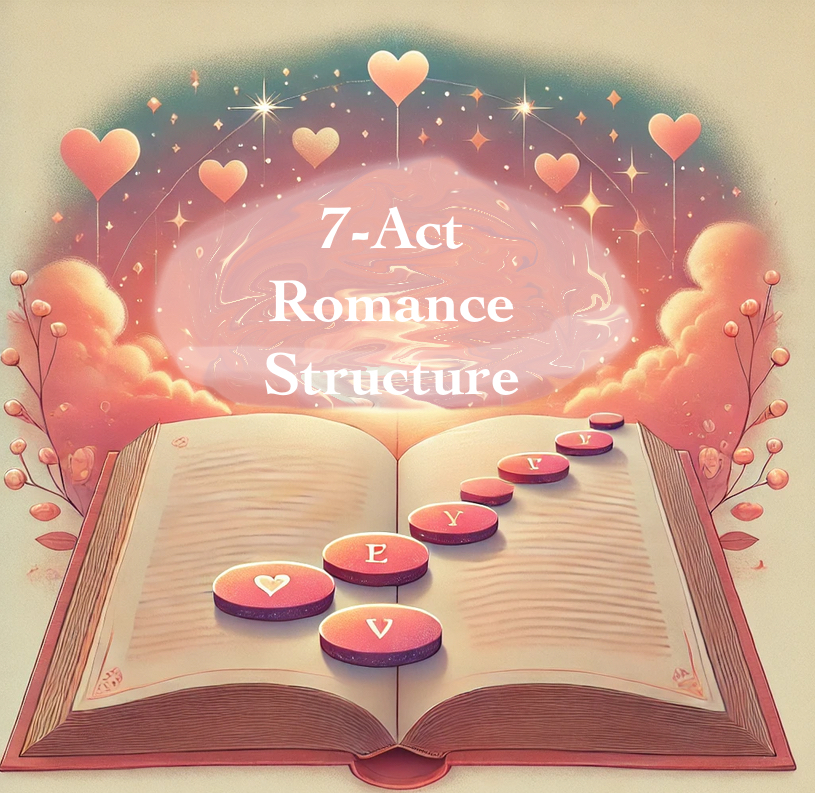
Exploring the Depth of Human Emotion: A Guide for Romance Writers
Romance writing is more than crafting a love story; it’s about tapping into the vast ocean of human emotions—love, passion, desire, fear, and vulnerability. As a romance writer, you become the storyteller of the heart, capturing the intricate, often fragile, moments that define relationships. Readers of romance are drawn not just by the storyline but by the emotional journey you take them on. By exploring the highs and lows of love, you create a connection with your audience that transcends the page.
The Heartbeat of Romance: Emotions
At its core, romance is about emotions. Whether it’s the giddy butterflies of a first love or the gut-wrenching sorrow of unrequited affection, every romance novel is built on the emotional experiences of its characters. And that’s why readers flock to this genre. They want to feel.
As a romance writer, you have the unique opportunity to explore the entire emotional spectrum. There’s no need to shy away from the intensity of love or the heartache that often accompanies it. Love can be messy, raw, and complicated, and that’s what makes it so compelling in fiction. You can dive deep into the inner world of your characters, exploring their fears, desires, and vulnerabilities as they navigate the intricate dance of relationships.
Writing the Emotional Arc
Just as every story needs a plot arc, every romance needs an emotional arc. Readers want to see characters evolve emotionally. That first spark of attraction is just the beginning. What keeps readers turning the pages is the promise of growth and transformation. How does love challenge your characters? How does it force them to confront their fears, insecurities, or past trauma?
Consider the emotional arc of a relationship from infatuation to deep connection. Infatuation may be fiery and passionate, but lasting love is built on trust, vulnerability, and sometimes even pain. Let your characters grow with every new experience, taking readers on a journey through their emotional highs and lows.
Universality of Emotion
The beauty of romance lies in its universality. Emotions are the great equalizer—no matter who we are, we all experience love, desire, fear, and loss in some way. This makes romance stories deeply relatable. You can set your novel in a small town, a sprawling city, or a distant galaxy, and the emotions will remain familiar and engaging to readers. By anchoring your story in emotion, you can create a narrative that resonates on a fundamental level.
This universal connection is why romance can transcend setting, time period, and even genre. The heart of the story will always be the emotional experience of love and human connection.
Vulnerability: The Key to Connection
One of the most powerful emotions in romance writing is vulnerability. True love requires characters to open themselves up, exposing their deepest fears and insecurities. This emotional rawness is what makes love stories so poignant and relatable. Readers want to see characters who are real—who are flawed, afraid, and sometimes broken—because they reflect the reality of love in their own lives.
As a writer, don’t be afraid to let your characters be vulnerable. Show their moments of weakness, the times when they doubt themselves or their worth. Let them make mistakes, feel the weight of past heartaches, and struggle to trust again. Vulnerability is the key to forging a deep emotional connection between your characters and your readers.
The Power of Emotional Conflict
Conflict is the driving force behind any compelling story, and in romance, emotional conflict takes center stage. It’s not just about external obstacles—it’s about the internal battles your characters face. Emotional conflict can arise from fear of commitment, past traumas, misunderstandings, or clashing desires. These inner struggles create tension and keep readers invested in the outcome.
As you develop the emotional conflicts in your story, think about what is at stake for your characters. What do they stand to lose if they open themselves up to love? What emotional baggage do they carry? These inner tensions can be just as gripping as external plot twists, keeping your readers hooked until the very end.
Balancing Emotional Depth with Romantic Payoff
While emotional depth is critical, the romance genre also promises readers a satisfying resolution. That’s why the emotional payoff in a romance novel is so crucial. After taking your readers on a journey through the emotional highs and lows, they need a sense of fulfillment. Whether your story ends with a happily ever after or a bittersweet parting, ensure that the emotional journey feels complete.
Readers should walk away from your story feeling like they’ve experienced the full spectrum of emotions, and that the resolution—whatever form it takes—was earned.
Conclusion: Writing from the Heart
As a romance writer, your greatest tool is your ability to explore the complex, beautiful, and often messy emotions that define human relationships. By diving deep into the emotional experiences of your characters, you can create stories that resonate with readers on a personal level. Don’t be afraid to lean into vulnerability, conflict, and emotional growth. The depth of human emotion is what makes romance such a timeless and beloved genre.
All the best,
Patti “Ann”





One Comment
Pingback: